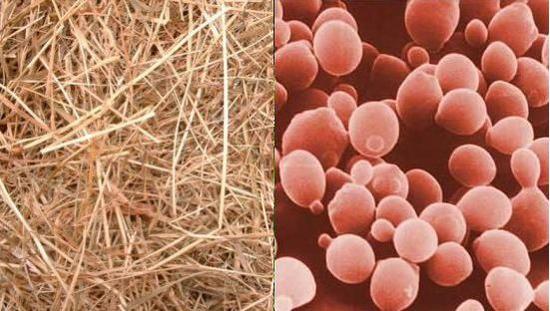
This summer, Butalco GmbH, a Swiss start-up company, will use its proprietary new yeast technology to produce biofuel from agricultural waste in a newly built pilot plant in Southern Germany, currently owned by Hohenheim University. Butalco’s new microbial catalysts will enable up to 30 percent increased yields in cellulosic ethanol production. Last year, Butalco signed a research and development contract with the Institute of Fermentation Technology within the Department of Food Science and Biotechnology at Hohenheim University. The concept of the plant allows both starch and lignocelluloses-based raw materials to be processed.
Prof. Eckhard Boles, Butalco’s co-founder, says…
Our new technology now tells the yeast cells to also ferment the C5 waste sugars into ethanol which makes the production of cellulosic ethanol much more efficient and cheaper. Together with the new commercially viable enzymes launched last week by the enzyme companies Danisco and Novozymes, Butalco’s yeast technology will enable cellulosic ethanol as a competitive alternative to gasoline.
Process involved…
Cellulosic biomass, like plant waste materials, contains different kinds of sugars like glucose (C6) and pentoses (C5). Traditionally, yeasts are used in bioethanol production, as they can efficiently ferment glucose into ethanol, but they are unable to digest the C5 sugars. The enzymes are necessary to first break the plant biomass into the C6/C5 sugar mixtures. Butalco’s core technology based on genetically optimized yeasts enables increased yields in bioethanol production. Butalco is currently finalizing all production steps from lignocelluloses hydrolysis to downstream processing.
When compared to conventional bioethanol, cellulosic ethanol significantly reduces greenhouse gas emissions. Moreover, as it can be produced from plant waste materials like straw or wood, it does not compete with the production of food and feed.
Via: Press Release (pdf)

